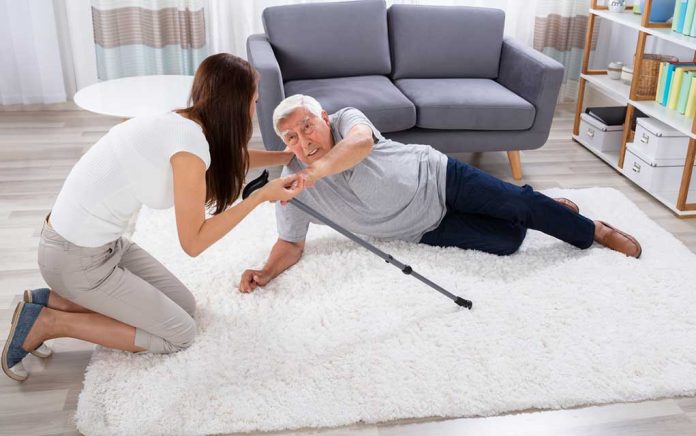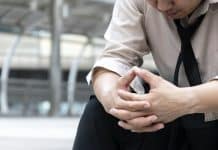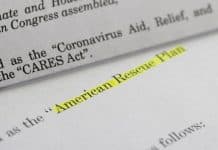
(FinancialHealth.net) – A worry for many adult children and caregivers is their loved one taking a tumble. Eliminating injury risks, especially those pertaining to falls, should be the main goal so everyone can have peace of mind. Prevention is key and there are ways to help a loved one live an independent lifestyle and create a safer home environment.
Safety Equipment
If a loved one is a fall risk, it’s important to evaluate the home and areas where they are most active. Specialty products and devices can make living at home independently easier by increasing accessibility. Aids that can help someone get around, open items and fulfill daily basic needs makes tasks flow more smoothly.
Here are a few things to consider:
- Install a wheelchair ramp for ease of entry
- Purchase a lift chair or hospital bed
- Place railings in the bathroom for toilet and shower assistance
- Reduce clutter in the home to prevent entanglement or falls
- Remove loose rugs or other items that could pose a trip hazard
These suggestions can help make the home safer and reduce the overall risk of injuries.
Stair Lift
Living in a single-level home is ideal for people with mobility issues, but some people have multiple levels and that means stairs. A loved one with mobility issues can benefit from a stair lift. It can also make it easier to carry items such as laundry or food between levels while simultaneously reducing the risk of injury from falling down the stairs.
Medical Alert Devices
Balance issues can lead to trouble for those who live independently. A fall can make it difficult to call or get help, and that’s where a medical alert device comes in. Models range in price and capability, but the majority have:
- Necklace, bracelet or watch options
- Mobile apps for easy notification
- Landline options
- Interactive speakers connecting to emergency personnel and pre-programmed numbers
- GPS-enabled capabilities
This type of emergency response system gives caregivers peace of mind, boosts communication and delivers help right away.
Extra Assistance at Home
When loved ones are at risk for falling, getting extra help makes a big difference in remaining at home versus moving to an assisted-care facility. A home healthcare agency is a good place to start. They offer assistance with Activities of Daily Living, or ADLs, such as:
- Bathing, dressing and grooming
- Transfer assist from chair to standing
- Respite care
- Meal prep
- Light housekeeping
- Errand running
Extra reinforcement with these tasks can make life easier for individuals.
In addition, routine doctor visits help identify new medical conditions that could increase the risk of a fall. Many want to continue being independent despite small challenges and barriers they may face. Implementing safeguards and instituting a helping hand can go a long way with preventing falls and encouraging mobility.
~Here’s to Your Financial Health!
Copyright 2020, FinancialHealth.net





















